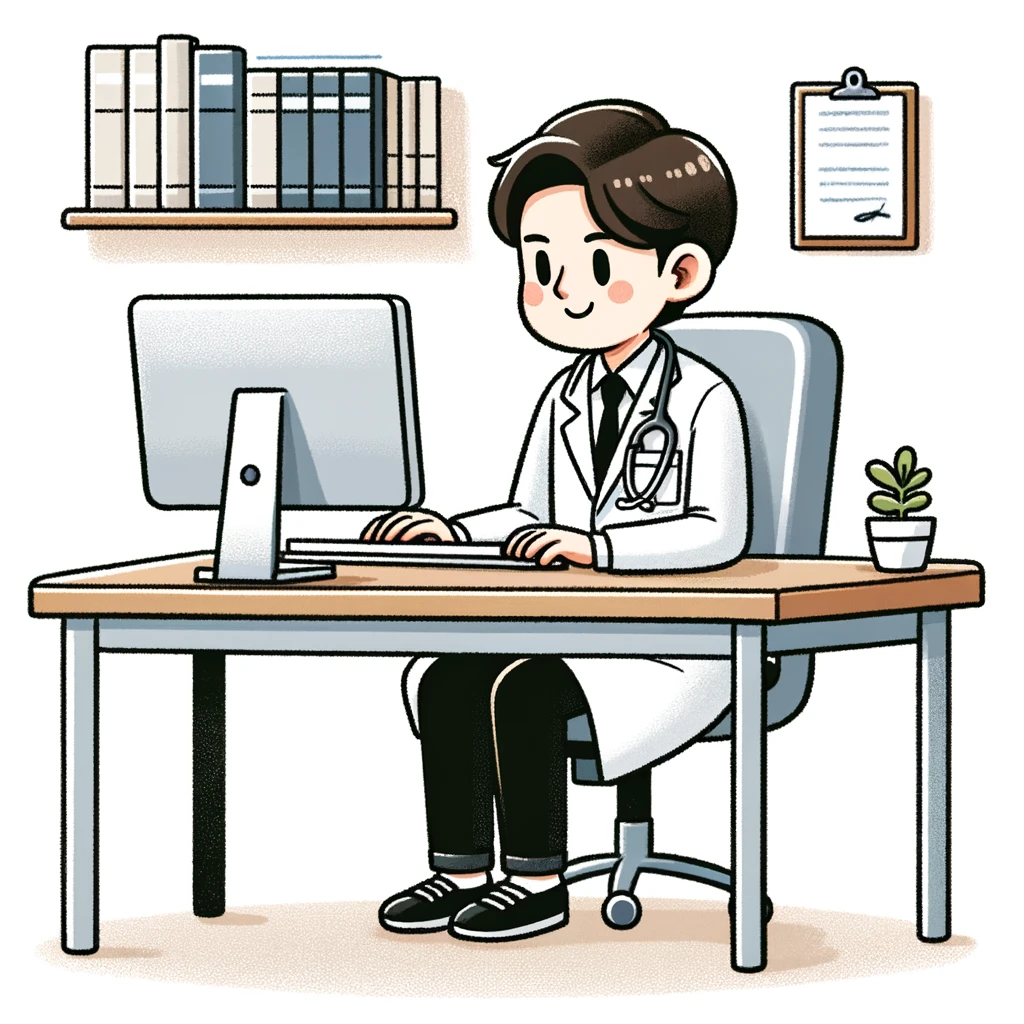
Discover a leading healthcare software development company offering innovative solutions tailored to your needs. Our expert healthcare software development services streamline clinical processes, enhance patient care, and ensure data security. With extensive experience in software development in healthcare, we create custom applications that integrate seamlessly with your existing systems. Trust our team to deliver HIPAA-compliant, user-friendly solutions that optimize workflows and revolutionize patient experiences. Partner with us for cutting-edge healthcare software development services that drive growth and success in the ever-evolving healthcare landscape.
Tailored healthcare software development addresses unique challenges by crafting customized software solutions, web applications, or mobile apps for the healthcare sector. This type of development focuses on providing tools for patients seeking medical services or healthcare professionals performing their duties. Custom healthcare software development creates applications designed and built to meet an organization's specific needs, streamlining their designated workflows and enhancing overall efficiency.
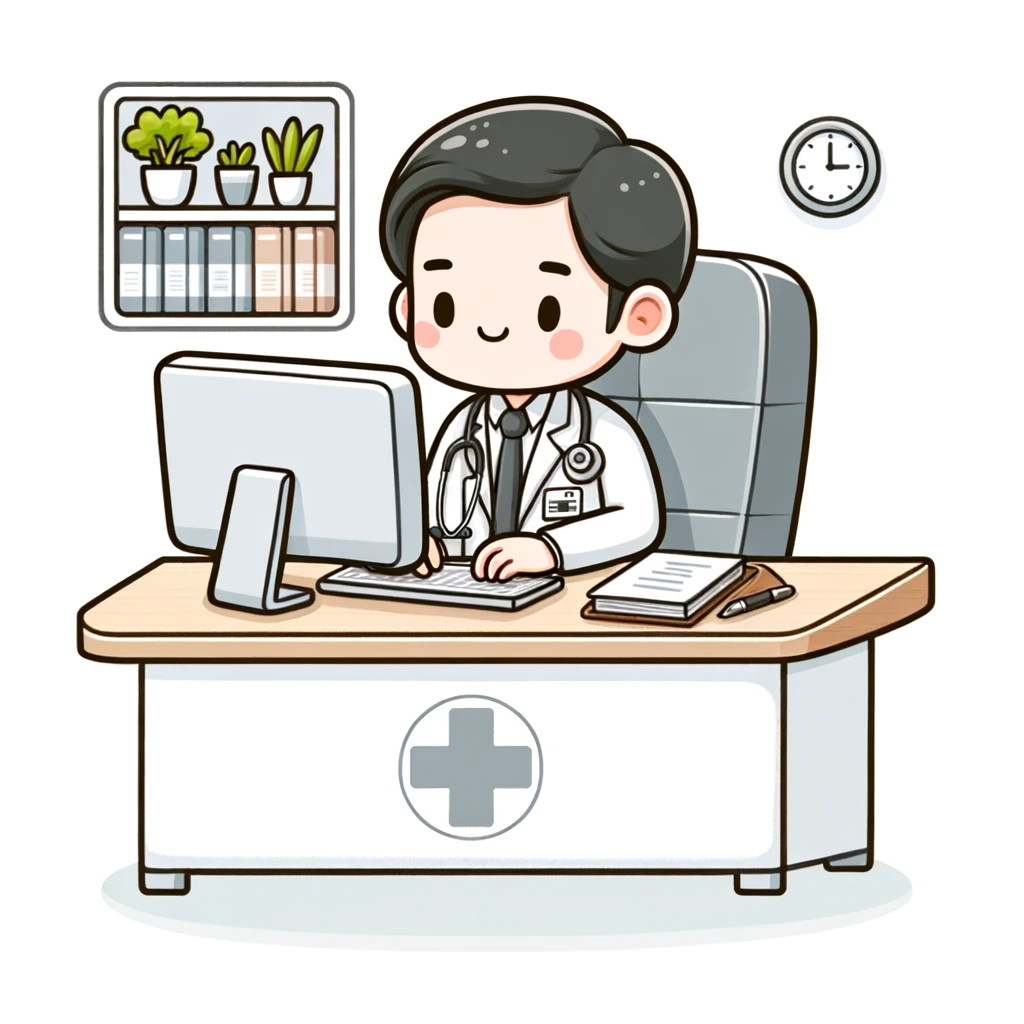
AR & VR in Healthcare. MsQuantum is dedicated to revolutionizing the patient experience through AR and VR-based software development in the healthcare sector. By harnessing the power of augmented and virtual reality, we create custom healthcare solutions that enhance patient interaction, improve medical training, boost mental and physical treatments, and enable smart surgical procedures. Utilizing multicore platforms, we develop scalable and user-friendly medical software tailored to the needs of today's healthcare stakeholders, who require a seamless blend of virtual and augmented reality with cutting-edge design. Our custom healthcare services facilitate cross-platform interoperability and deliver high performance.
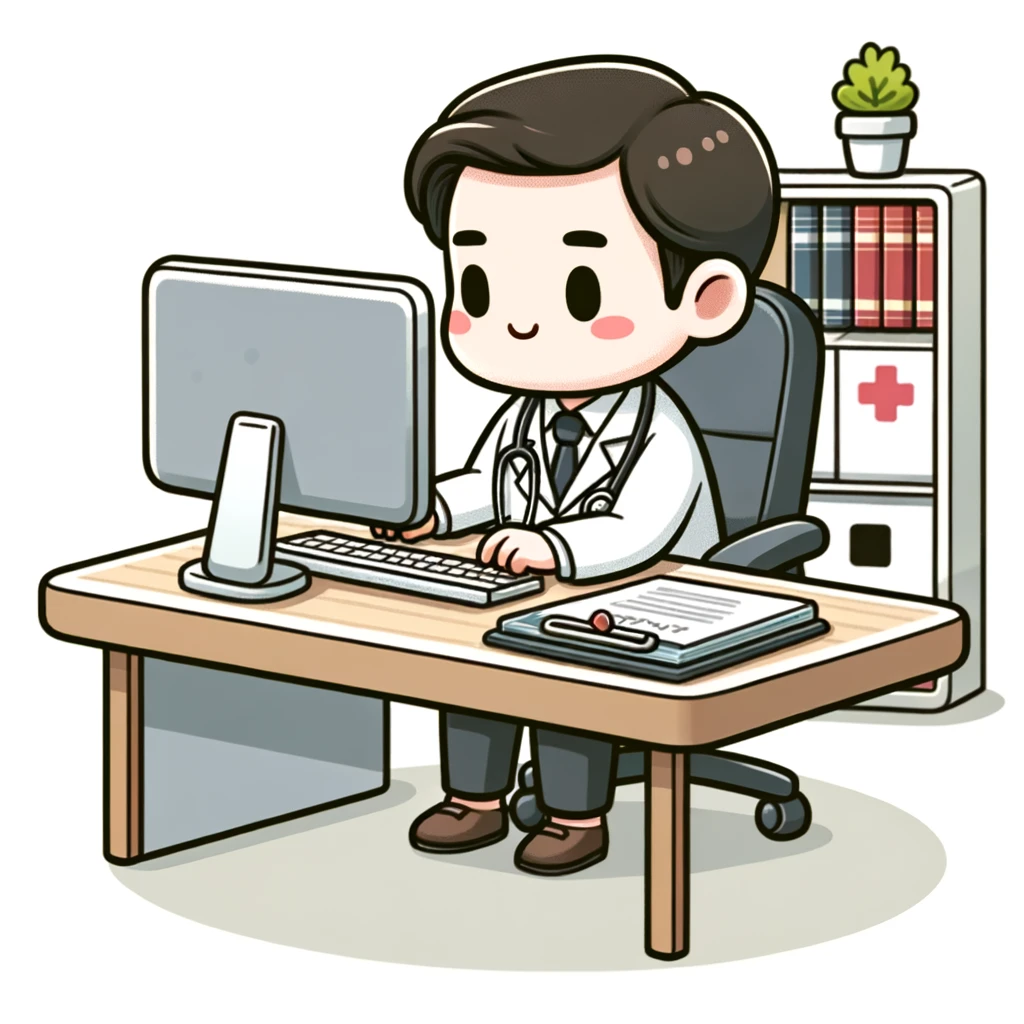
AI & ML in Healthcare. MsQuantum offers comprehensive AI-integrated custom healthcare solutions, encompassing diagnostic equipment, drug discovery, regular health check-up scheduling, and more. We provide next-generation custom healthcare software development that not only meets your requirements but also helps increase your ROI. Our proven custom healthcare services automate manual and paper-based processes, resulting in improved outcomes. With our custom healthcare services, we aim to enhance the quality of public and private information exchange interfaces by developing smart network architectures. Our custom medical software is designed to populate real-time medical data shared within medical networks.
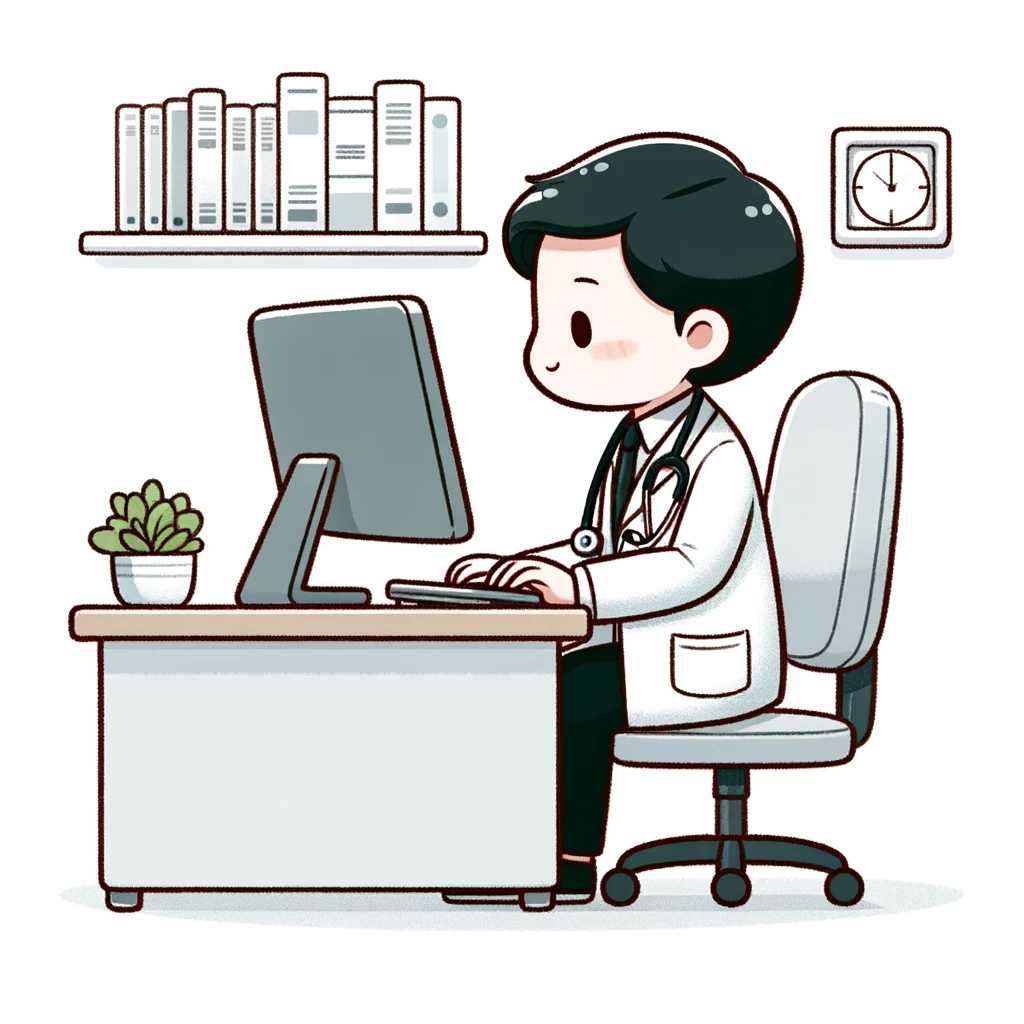
IoT in Healthcare. Collaborating with MsQuantum enables you to expand your care delivery models beyond traditional boundaries with IoT-driven custom medical software solutions. Improving patient engagement and delivering quality healthcare experiences are significant challenges in the healthcare industry. MsQuantum's custom medical software, powered by IoT, empowers patients with easily accessible solutions that provide rapid medical assistance, connect them with doctors, and grant access to relevant medical documents hassle-free. The seamless integration of IoT in custom medical software enhances real-time data monitoring through connected or wearable devices, which is crucial during emergencies. Our end-to-end connectivity and affordable IoT devices ensure optimal patient care and quality services. Additional features like data assortment, data analysis, tracking, and push notifications or alerts are available through our top-tier custom healthcare software development to provide remote assistance.
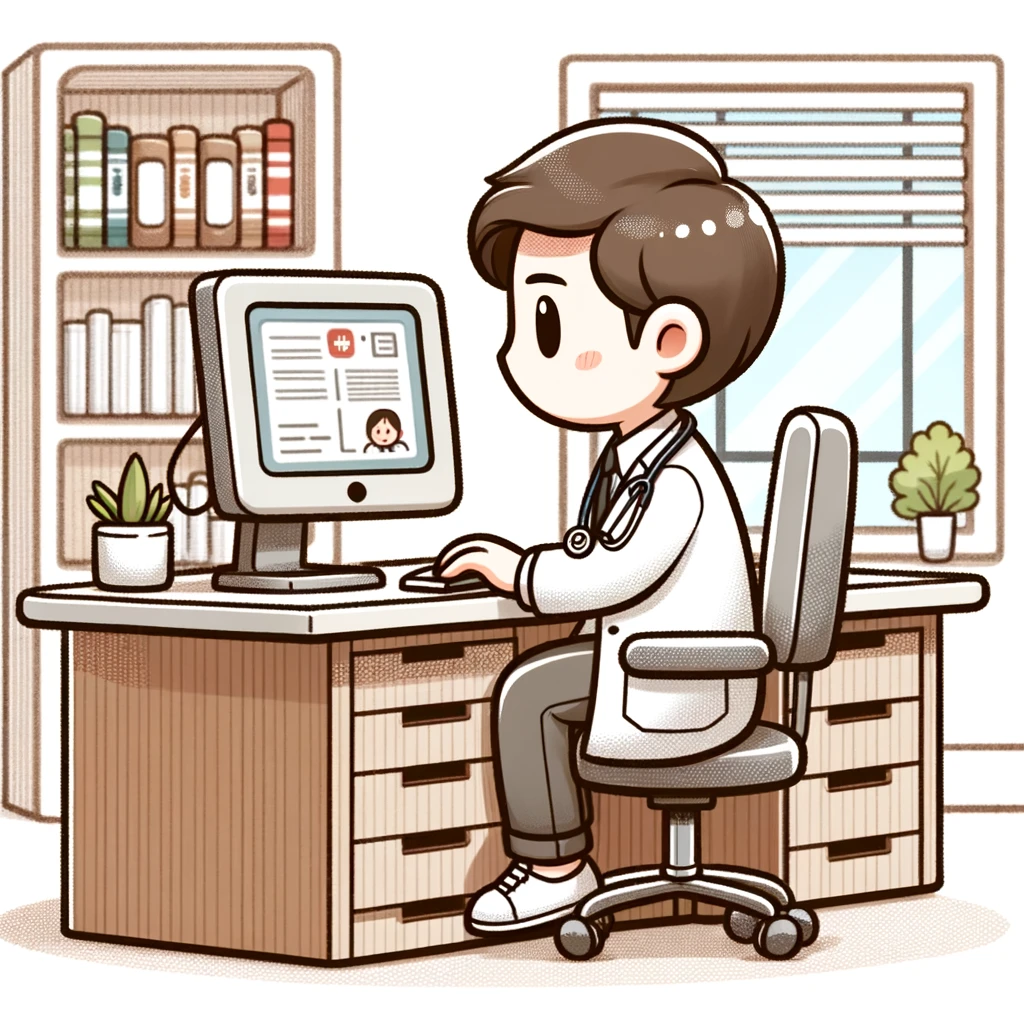
Revenue Cycle Management (RCM) Systems. MsQuantum aims to streamline and accelerate healthcare processes, benefiting providers, payers, and billing companies with scalable custom medical software solutions. Our custom medical software development team is capable of creating revenue cycle management solutions that include verifying patients' insurance eligibility, processing claims, handling medical billing, and retrieving data from integrated medical systems. MsQuantum has developed tailored medical billing systems with point-of-care payment processing for deductibles and co-pays. Our custom healthcare solutions simplify and enhance the patient follow-up request process and third-party medical bill payments.
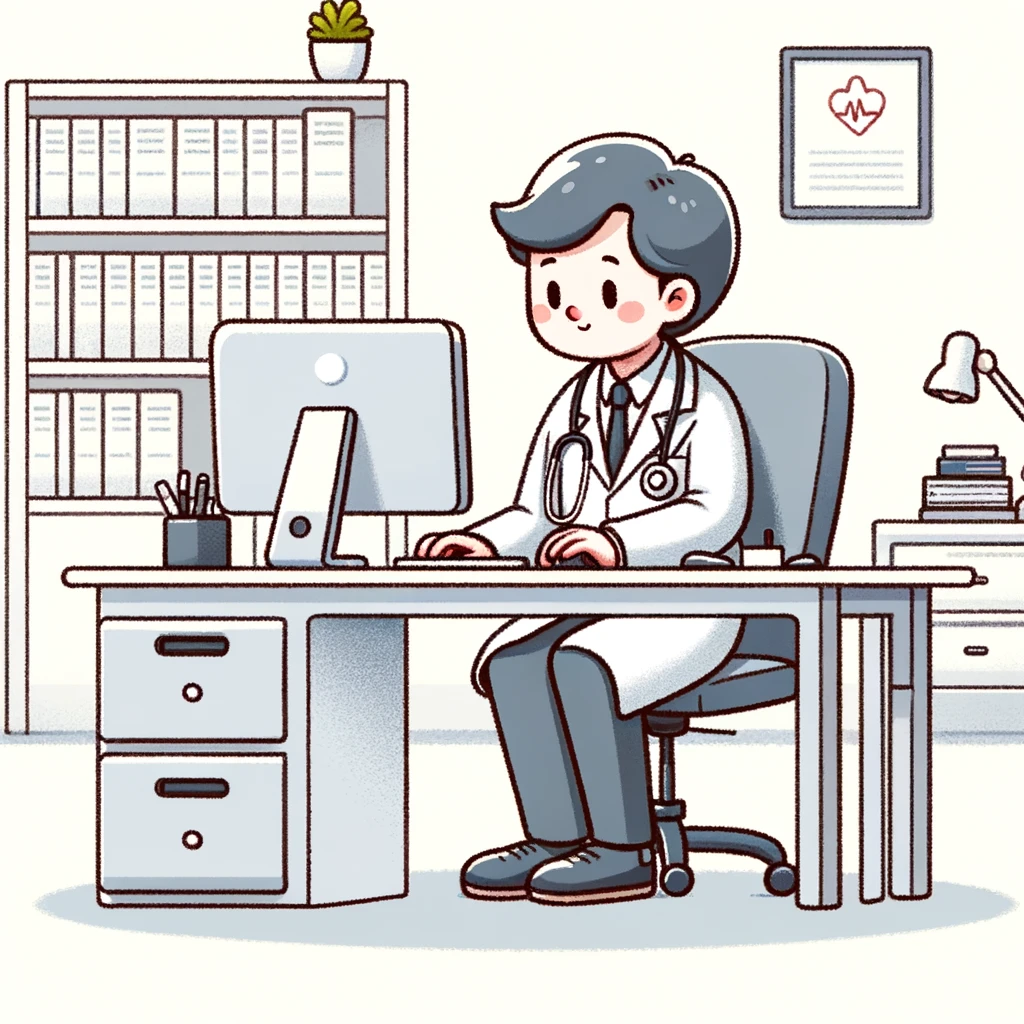
Cloud Medical Solutions. MsQuantum's custom healthcare software development includes healthcare cloud automation and management solutions, making cloud services readily accessible to any medical organization. We assist healthcare stakeholders in overcoming their unique challenges with cloud-based custom medical services, serving as a growth vehicle for their organizations. Cloud computing offers numerous benefits, such as cost reduction, performance enhancement, and accelerated efforts to achieve greater agility and smoother workflows. Our software development for healthcare focuses on optimizing costs, improving patient experiences, and digitizing sensitive medical data.
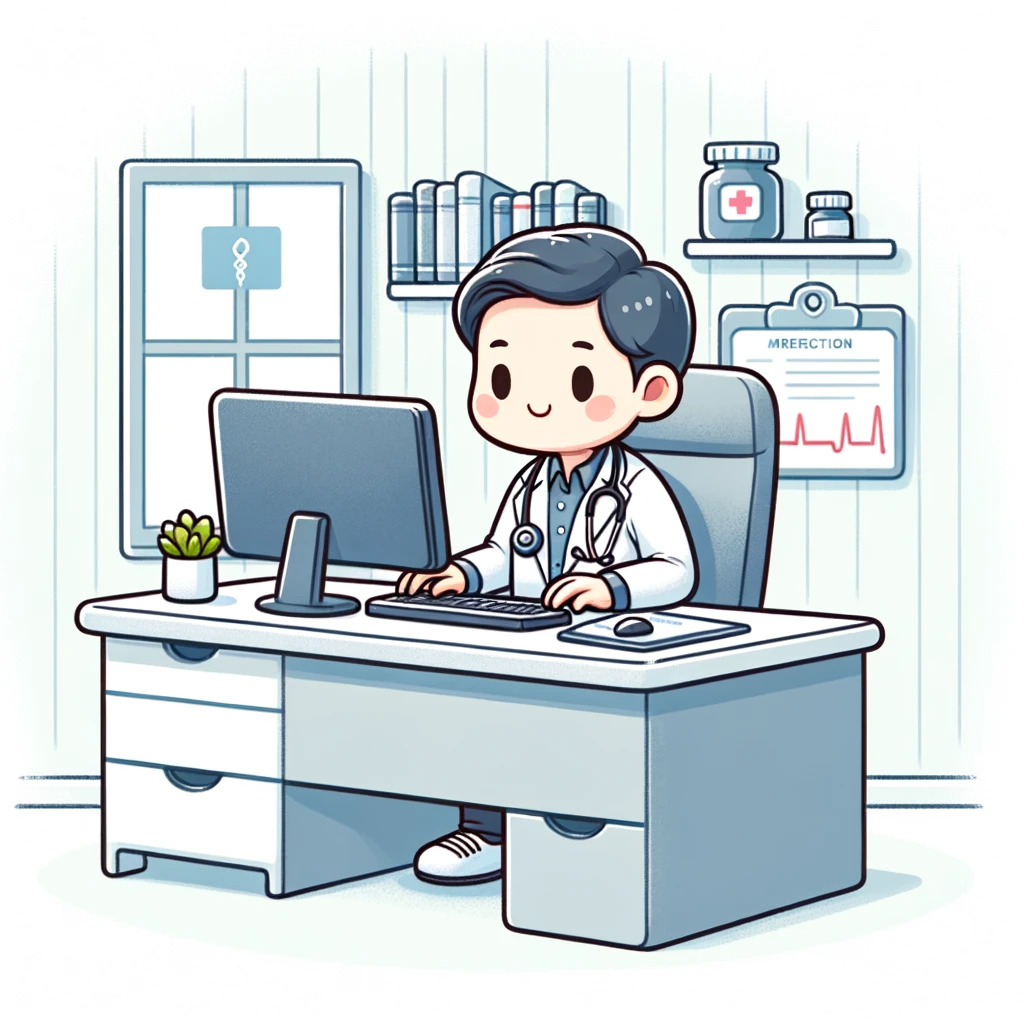
HIPAA-Compliant Systems. MsQuantum develops custom healthcare software solutions that comply with HIPAA, HHS, HL7, and other essential security regulations. By implementing secure data encryption, we increase app adoption rates, reduce the risk of data loss, and gain users' trust. Our custom healthcare solution team possesses in-depth knowledge of the distinctive combination of legal, health compliance, and government policies. We promptly assess your custom medical software requirements and interpret these requirements into designing and implementing regulatory health standards in the final solutions. Our expert team has extensive experience in software development for healthcare, including HIPAA-compliant systems.
In the rapidly evolving world of healthcare, technology plays a pivotal role in improving patient care, streamlining workflows, and enhancing communication between patients and healthcare providers. Various digital solutions have emerged to cater to the diverse needs of the healthcare industry. This article explores seven popular healthcare software services: appointment scheduling applications, patient engagement applications, fitness and wellness apps, telemedicine apps, mental health apps, symptom checkers, and medication intake tracking apps.
Appointment scheduling applications are designed to simplify the process of booking, rescheduling, and canceling appointments for both patients and healthcare providers. These user-friendly platforms enable patients to view available slots and choose a convenient time for their consultation. Healthcare providers, on the other hand, can manage their schedules more efficiently, reducing wait times and improving overall productivity.
Key features of appointment scheduling applications include:
Patient engagement applications are digital platforms that facilitate communication between patients and healthcare professionals, providing access to medical records, educational resources, and personalized care plans. These applications empower patients to take an active role in managing their health, leading to improved treatment adherence and better health outcomes.
Key features of patient engagement applications include:
Fitness and wellness apps are designed to promote a healthy lifestyle by helping users track their physical activities, set personalized fitness goals, and monitor their diet. These apps often provide valuable insights and guidance to maintain a balanced and active lifestyle.
Key features of fitness and wellness apps include:
Telemedicine apps connect patients with healthcare professionals remotely, enabling virtual consultations, prescription management, and real-time monitoring. These platforms make quality healthcare more accessible and convenient, particularly for patients living in remote areas or with limited mobility.
Key features of telemedicine apps include:
Mental health apps offer various resources to help users manage their mental well-being, including therapy sessions, mindfulness exercises, and mood tracking. These platforms provide essential tools to maintain emotional balance and address mental health concerns.
Symptom checkers are AI-driven tools that help users assess their symptoms, offering potential causes and suggesting appropriate courses of action. These applications enable patients to make informed decisions about their health and seek timely medical assistance when needed.
Key features of symptom checkers include:
Medication intake tracking apps help users manage their medications, set reminders, and monitor their progress. These applications ensure proper medication adherence and improve overall health outcomes.
Key features of medication intake tracking apps include:
In conclusion, these seven healthcare software services – appointment scheduling applications, patient engagement applications, fitness and wellness apps, telemedicine apps, mental health apps, symptom checkers, and medication intake tracking apps – play a crucial role in enhancing patient care, streamlining workflows, and improving communication between patients and healthcare providers. By leveraging these technologies, the healthcare industry can continue to evolve and provide better care for patients worldwide.
Remote patient monitoring (RPM) apps are transforming the healthcare landscape by allowing healthcare providers to monitor patients' health outside of traditional clinical settings. RPM apps use connected devices, such as wearable fitness trackers, blood pressure monitors, and glucose meters, to collect and transmit patient data to healthcare providers in real-time. This enables timely interventions, improves patient outcomes, and reduces healthcare costs.
Key features of remote patient monitoring apps include:
Electronic Health Record (EHR) data aggregation and analysis apps help healthcare providers make better-informed decisions by consolidating patient data from multiple sources and providing actionable insights. These apps can improve care coordination, identify trends, and support population health management initiatives.
Key features of EHR data aggregation and analysis apps include:
Practice management apps streamline administrative tasks for healthcare providers, improving efficiency and allowing them to focus on patient care. These apps often include features such as scheduling, billing, and electronic health record management.
Key features of practice management apps include:
Medical research apps are essential tools for researchers, clinicians, and healthcare organizations involved in conducting clinical trials, managing research data, and staying up-to-date with the latest medical advancements. These apps can improve the efficiency and accuracy of medical research, ultimately leading to better patient care and outcomes.
Key features of medical research apps include:
Healthcare software services, such as remote patient monitoring apps, EHR data aggregation and analysis apps, practice management apps, and medical research apps, are revolutionizing the healthcare industry by improving patient care, streamlining workflows, and enhancing communication between patients and healthcare providers.
By leveraging these technologies, healthcare providers can make better-informed decisions, improve care coordination, and optimize treatment plans. Patients, in turn, benefit from more personalized, efficient, and accessible care. Moreover, healthcare organizations can reduce costs, improve operational efficiency, and demonstrate compliance with regulatory requirements.
As the healthcare industry continues to evolve, the demand for innovative software solutions will only grow. By embracing these technologies, healthcare providers, researchers, and organizations can stay at the forefront of medical advancements and provide the best possible care for their patients.
Clinical assistance apps are designed to support healthcare professionals in delivering efficient and effective patient care. These apps provide quick access to essential medical information, enable communication with colleagues, and assist in decision-making processes. By streamlining workflows and reducing administrative burdens, clinical assistance apps help healthcare providers focus on what truly matters – patient care.
Key features of clinical assistance apps include:
Time-table scheduling apps are essential tools for managing staff schedules, appointments, and resources in healthcare settings. These apps help optimize workforce utilization, reduce scheduling conflicts, and ensure that patients receive timely care.
Key features of time-table scheduling apps include:
Billing apps automate and streamline the billing and reimbursement process for healthcare providers. By reducing manual data entry, minimizing errors, and accelerating payment cycles, these apps help improve cash flow and financial management.
Key features of billing apps include:
Electronic health record (EHR) systems are digital versions of patients' medical records, containing comprehensive information about their health history, diagnoses, treatments, and medications. EHR systems improve care coordination, reduce medical errors, and support data-driven decision-making.
Key features of EHR systems include:
Population health management software helps healthcare organizations identify, stratify, and manage the health of specific patient populations. By analyzing patient data, these platforms enable healthcare providers to proactively address health risks, improve care coordination, and optimize resource allocation.
Key features of population health management software include:
Medical device data collection platforms enable healthcare providers to collect, analyze, and act on data generated by medical devices, such as vital sign monitors, ventilators, and infusion pumps. By integrating device data into clinical workflows, these platforms help improve patient safety, streamline care delivery, and support data-driven decision-making.
Key features of medical device data collection platforms include:
Wearable tech apps are designed to work with wearable devices, such as fitness trackers, smartwatches, and continuous glucose monitors, to collect and analyze data related to users' health and wellness. By providing insights into users' activity levels, sleep patterns, and other health metrics, these apps help individuals make informed decisions about their health and support healthcare providers in delivering personalized care.
Key features of wearable tech apps include:
Drug inventory tracking apps help healthcare organizations manage and monitor their inventory of medications, ensuring that patients receive the right medications at the right time while minimizing waste and controlling costs.
Key features of drug inventory tracking apps include:
In conclusion, the healthcare software services discussed in this article – clinical assistance apps, time-table scheduling apps, billing apps, electronic health record (EHR) systems, population health management software, medical device data collection platforms, wearable tech apps, and drug inventory tracking apps – play a vital role in improving patient care, streamlining workflows, and enhancing communication between patients and healthcare providers. By embracing these technologies, healthcare providers, researchers, and organizations can stay at the forefront of medical advancements and provide the best possible care for their patients.
Discover a leading medical software development company dedicated to creating innovative solutions tailored to your unique needs. Our expertise in software development in healthcare enables us to streamline clinical processes, enhance patient care, and ensure data security. As one of the top healthcare IT software companies, we deliver HIPAA-compliant, user-friendly applications that seamlessly integrate with your existing systems, optimizing workflows and revolutionizing patient experiences. Trust our team for cutting-edge medical software development services that drive growth and success in the ever-evolving healthcare landscape.
EMR/EHR Development. Experience the power of a custom healthcare software development company specializing in EMR/EHR development. Our expert team delivers tailored solutions designed to streamline workflows, improve patient care, and ensure seamless integration with existing systems. With a focus on custom healthcare software development, we create user-friendly, secure, and HIPAA-compliant EMR/EHR systems that cater to your unique needs. Trust our expertise in software development for healthcare to drive efficiency, enhance patient experiences, and empower your organization in the rapidly evolving healthcare landscape.
Healthcare Mobile Apps. Revolutionize patient care and streamline workflows with a leading custom healthcare app development company. Our expert team specializes in healthcare application development services, creating tailored mobile solutions to meet your unique needs. With a focus on user experience, security, and seamless integration, we deliver innovative healthcare app development services that empower patients, enhance communication, and drive efficiency in the ever-evolving healthcare landscape. Trust our expertise in developing cutting-edge, HIPAA-compliant mobile apps that transform patient experiences and improve healthcare outcomes.
Healthcare CRM. Enhance patient relationships and streamline healthcare operations with a trusted medical application development company specializing in healthcare CRM development. Our skilled software developers in the medical field create tailored CRM solutions to meet your unique needs, improving patient engagement, and driving efficiency. With a focus on user experience, data security, and seamless integration, we deliver innovative software development services that empower healthcare providers to deliver personalized care and make informed decisions. Trust our expertise in developing cutting-edge, HIPAA-compliant CRM systems that transform patient experiences and improve healthcare outcomes.
Patient Engagement Tools. Transform patient experiences with a leading healthcare app development company specializing in patient engagement tools development. Our expert team focuses on digital health product development, creating tailored solutions that empower patients, improve communication, and drive better health outcomes. With a focus on user experience, security, and seamless integration, we deliver innovative patient engagement tools that enhance patient satisfaction and promote active involvement in their care. Trust our expertise in developing cutting-edge, HIPAA-compliant applications that revolutionize patient experiences and improve healthcare delivery.
Hospital Management Software. Streamline hospital operations and enhance patient care with a trusted HIPAA compliant software development company specializing in hospital management software development. Our skilled team excels in healthcare web application development, creating tailored solutions that optimize workflows, improve efficiency, and ensure data security. With a focus on user experience, seamless integration, and regulatory compliance, we deliver innovative hospital management software that empowers healthcare providers to deliver high-quality care and make informed decisions. Trust our expertise in developing cutting-edge, HIPAA-compliant applications that transform hospital management and improve healthcare outcomes.
Software for Medical Devices. Revolutionize medical device functionality with a leading HIPAA software development company specializing in software for medical devices development. Our expert medical mobile app developers create tailored solutions that enhance device performance, improve patient care, and ensure data security. With a focus on user experience, seamless integration, and regulatory compliance, we deliver innovative software for medical devices that empowers healthcare providers and patients alike. Trust our expertise in developing cutting-edge, HIPAA-compliant applications that transform medical device capabilities and drive advancements in the ever-evolving healthcare landscape.
Telemedicine/Telehealth. Experience the future of remote healthcare with a leading healthcare IT company specializing in telemedicine/telehealth software development. Our team is committed to delivering innovative software for the healthcare industry, creating tailored solutions that enhance patient access, improve communication, and ensure data security. With a focus on user experience, seamless integration, and regulatory compliance, we develop cutting-edge telemedicine/telehealth platforms that transform healthcare delivery and make quality care more accessible. Trust our expertise in delivering HIPAA-compliant applications that drive growth and success in the rapidly evolving healthcare landscape.
Medical Software Development. Transform your healthcare operations with a trusted medical software development company. Our team specializes in creating innovative medical software solutions tailored to your unique needs. With a focus on streamlining workflows, enhancing patient care, and ensuring data security, we deliver user-friendly, HIPAA-compliant applications that integrate seamlessly with your existing systems. Experience the power of cutting-edge medical software development services designed to optimize your organization's performance and revolutionize patient experiences in the ever-evolving healthcare landscape.
Healthcare software development offers numerous benefits for healthcare providers and patients alike. Custom solutions can improve patient care, streamline workflows, reduce errors, and enhance communication between providers and patients. With our healthcare software development services, you can also ensure seamless integration with your existing systems and processes, leading to improved efficiency and data management.
At MsQuantum, we pride ourselves on our commitment to quality, innovation, and customer satisfaction. Our team of dedicated professionals works tirelessly to deliver healthcare software solutions that exceed your expectations. With our extensive experience, proven track record, and focus on client collaboration, we are the ideal partner for your healthcare software development needs.
Get in touch with us today to discuss your healthcare software development project and discover how we can help transform patient care and streamline your operations.
Our healthcare software development approach is centered around your specific requirements and goals. We begin with a thorough analysis of your needs, followed by a comprehensive planning phase to ensure that we deliver a solution that meets your expectations. Our agile development methodology allows for flexibility and adaptability throughout the project, ensuring that we deliver a high-quality product on time and within budget.
Our team of skilled developers has extensive experience in a wide range of healthcare software solutions, including electronic health records (EHR), telemedicine platforms, patient engagement tools, and medical device software. We are well-versed in industry regulations and standards, such as HIPAA and HL7, ensuring that our solutions are compliant and secure.